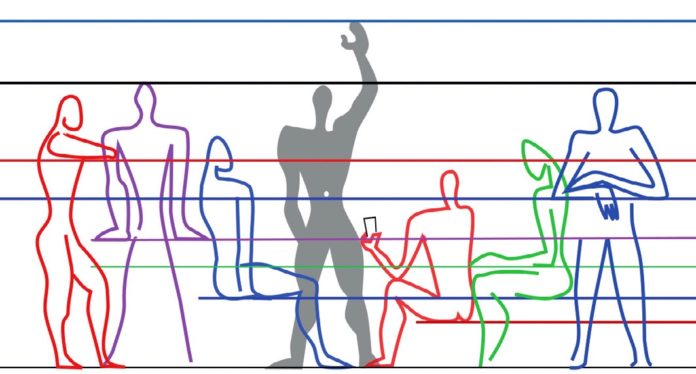Melanie Butler looks at the metrics that can help you choose your course
What information does a teacher need to choose the best Masters course? The answer, of course, depends who that teacher is and what they want to use the Masters for.
So, this year, in our annual listing of UK Masters courses, we are providing three metrics teachers can use to select a programme that will suit them.
The first metric comes from the QS Top Universities Ranking by Subject and tells us the academic reputation of the university department Masters programme in one of three subject areas: Linguistics, Education or English Language. The QS reports on the top 300 universities globally (turn to page 20 to find out more) but in our listings, we report their rankings in tiers: Top 50, Top 100, Top 150 and Top 200.
Academic reputation is very important, especially for teachers looking to move into the Higher Education sector. But what about teaching quality and student satisfaction?
In England and Wales the government scores every university for teaching, based on undergraduate surveys and data on drop-out rates and employment prospects. The Teaching Education Framework, or TEF, awards one of three stars: gold, silver and bronze. These awards are included in our listings
However, the TEF doesn’t tell us everything about teaching. This is because it takes into account the entire university, not a particular course or department, and it only covers England and Wales.
And what about language teaching?
A university which offers a Masters for language teachers should be good at language teaching. The best metric for this is the performance of its English language centre, or its British Council (BC) inspection, and we report on both of those here, too. This information is particularly informative where a Masters is offered in the university language centre (this marked with a * in the listing). This type of course suits teachers looking for pragmatic, classroom-focussed programmes
Only a minority of university language centres opt to be inspected, and those that do have a tick in the BC column. We also show those that are an EL Gazette Centre of Excellence, meaning they are in the top 25 per cent of all UK language centres, based on their inspection results.
Who are the best all-round performers? Two universities each have two departments in the QS rankings, a gold star on the TEF and are EL Gazette Centres of Excellence based in their British Council (BC) reports. So, well done to the Universities of Nottingham and Leeds.







